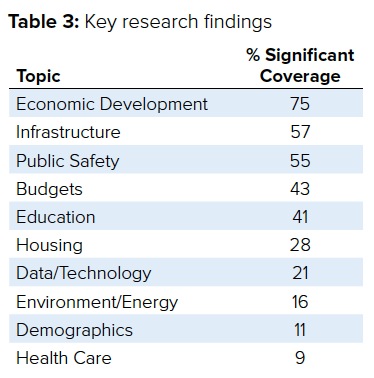
NATIONAL LEAGUE OF CITIES
Mayors are the leaders who shoulder many of our nation’s most critical problems and from whom solutions can arise. NLC stands ready to support city leaders in their efforts to help mend the nation, and through this annual analysis of mayoral priorities, spotlight challenges, opportunities, and progress in our cities. Whether through their roles in economic development, public safety or education, this year’s report highlights ways local governments are providing the leadership needed to create more equitable communities.












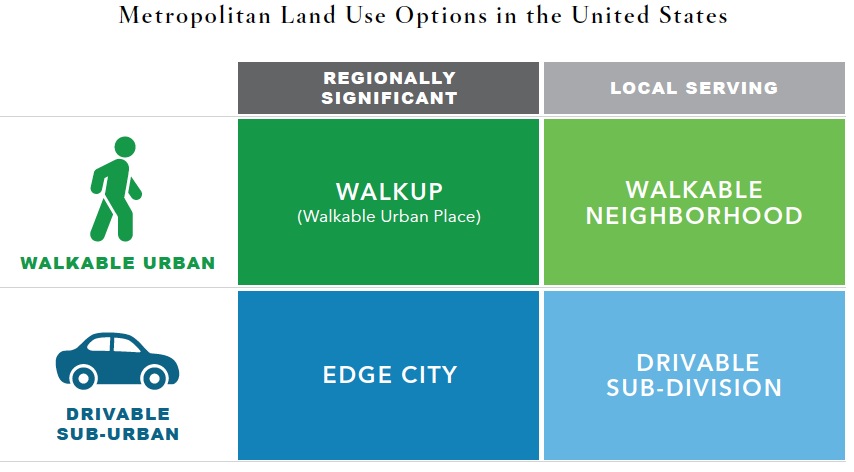
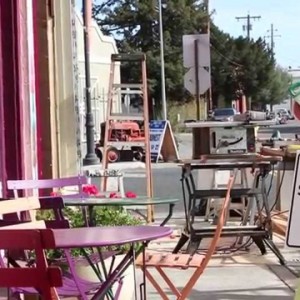
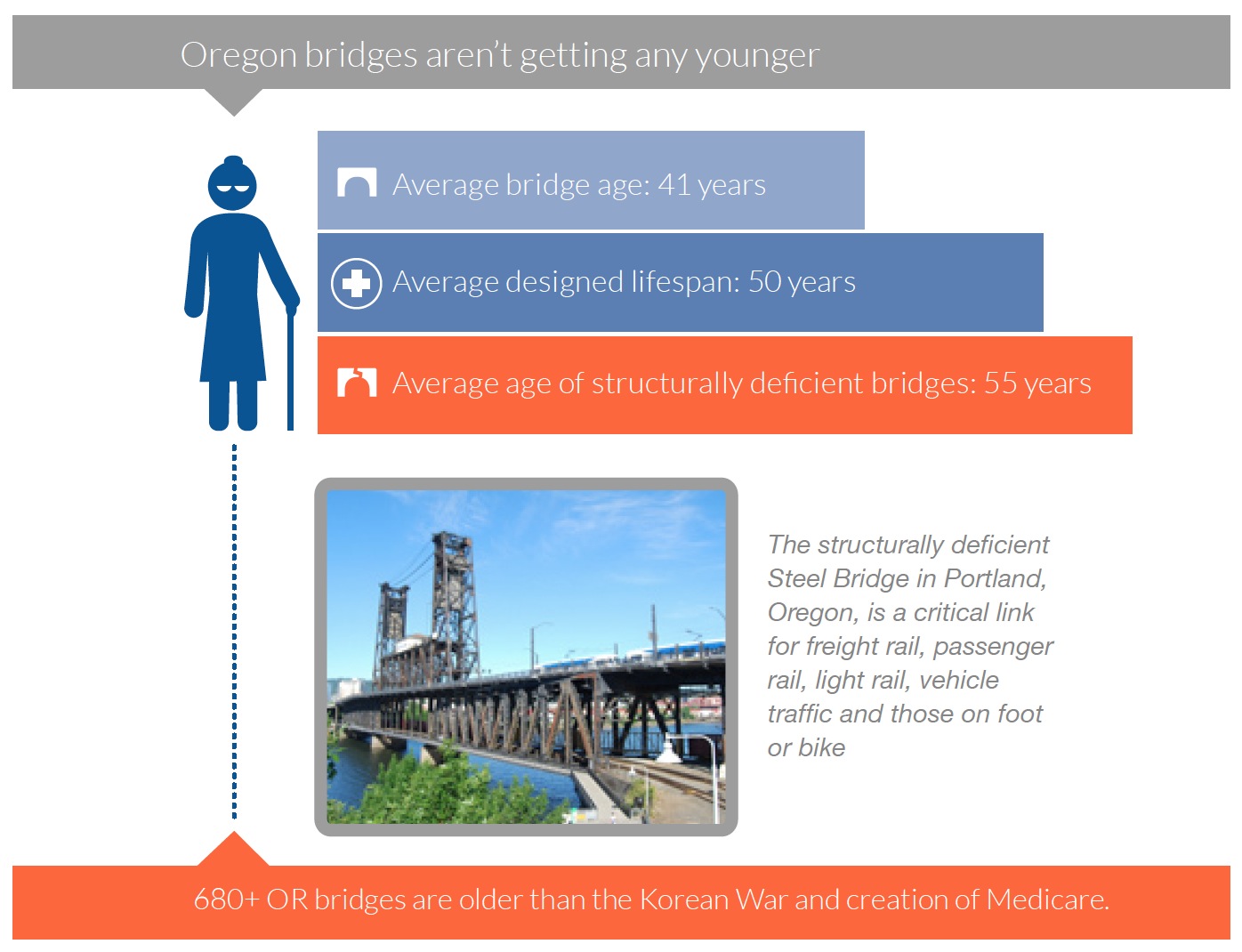

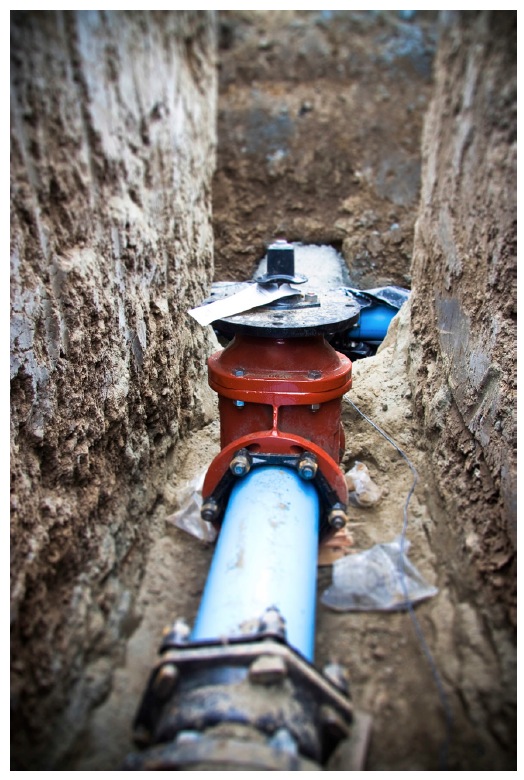
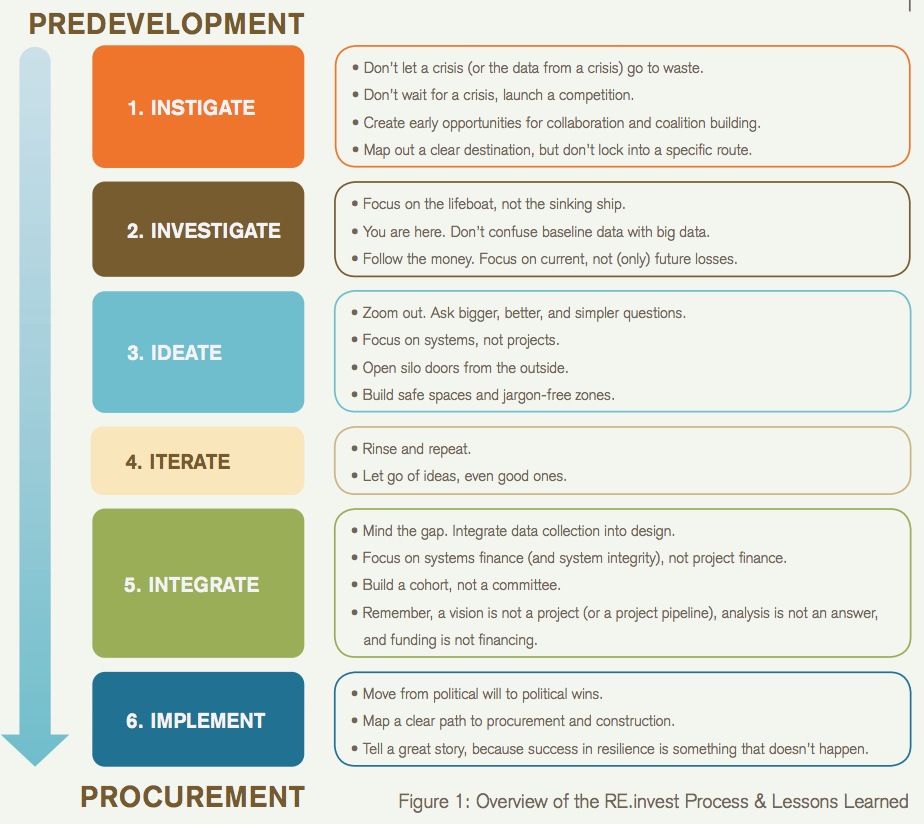
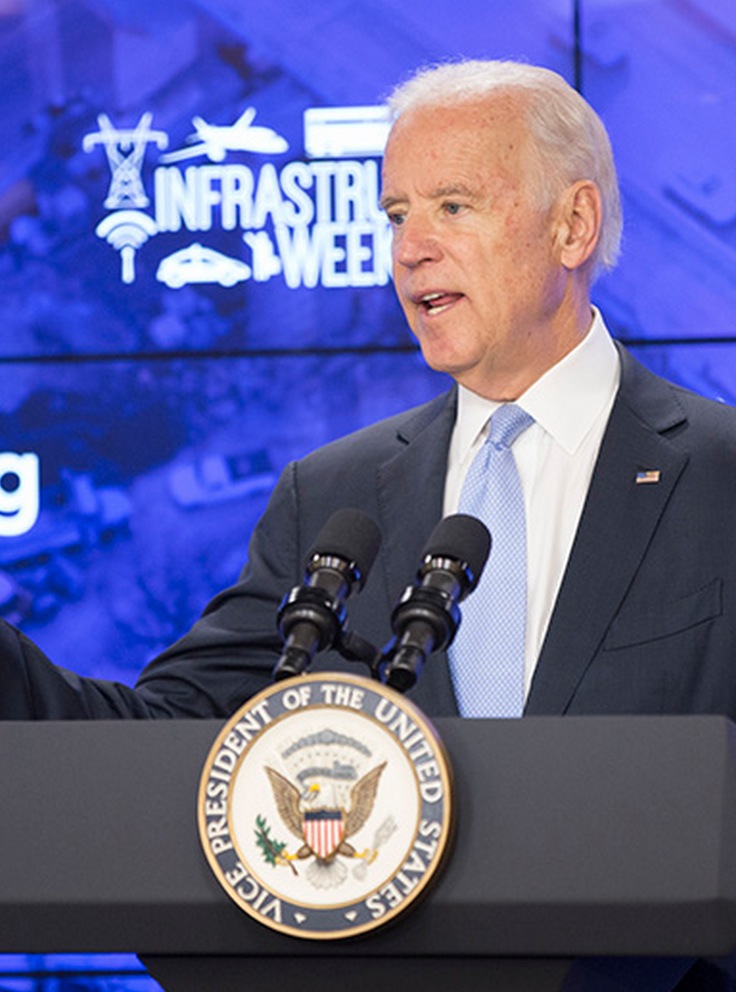
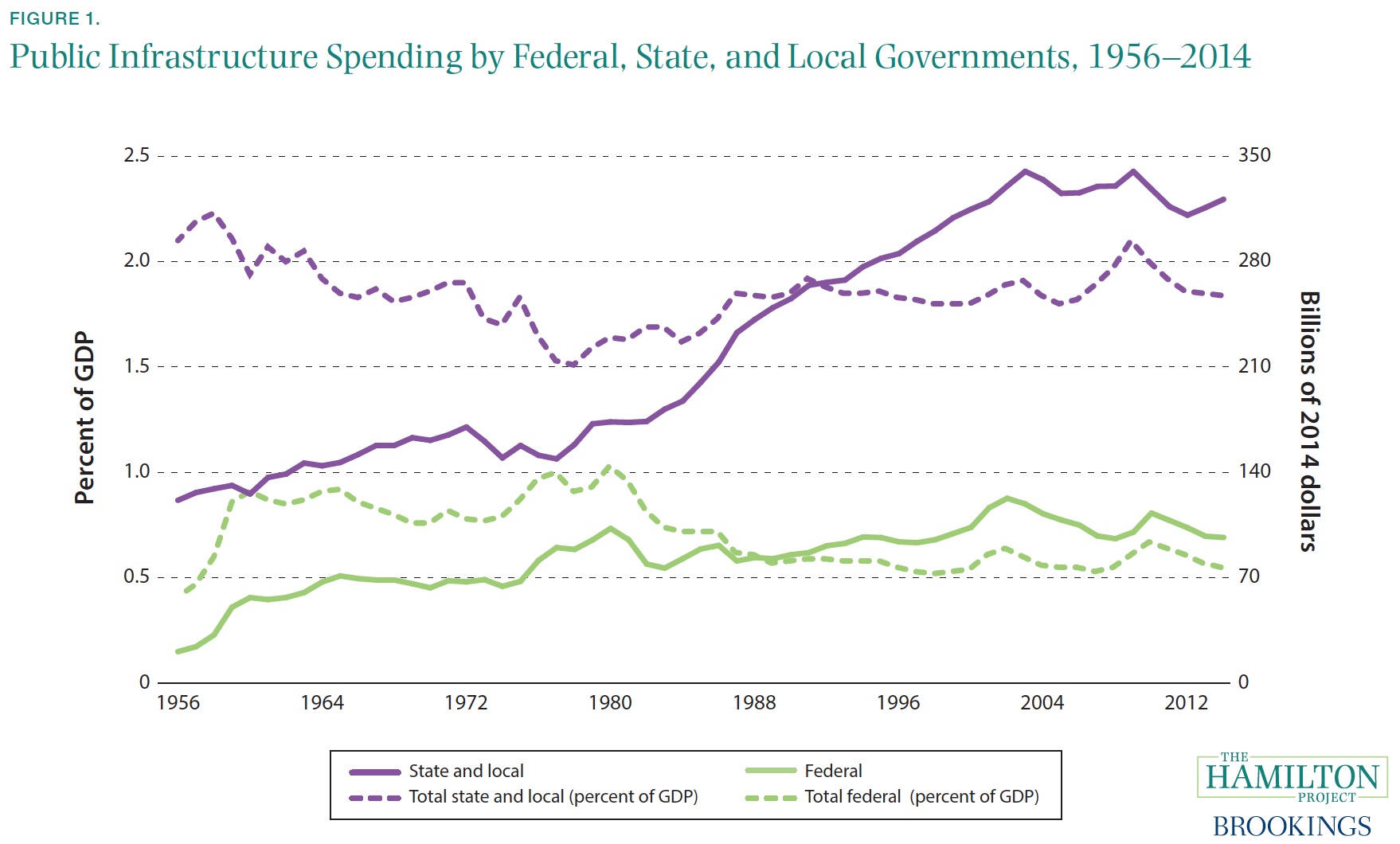

 RSS Feed
RSS Feed